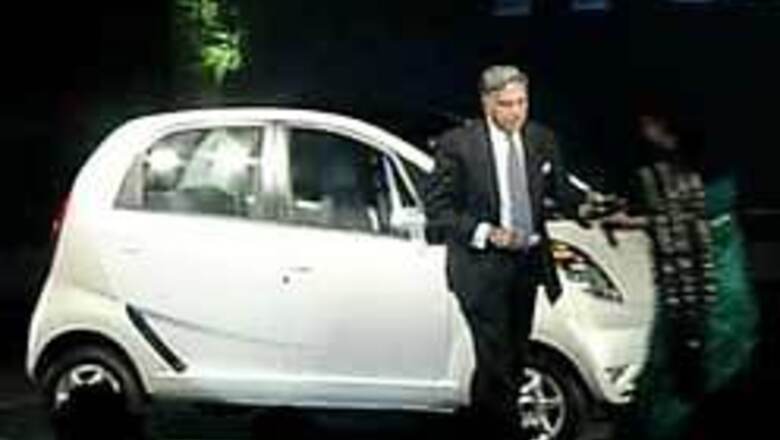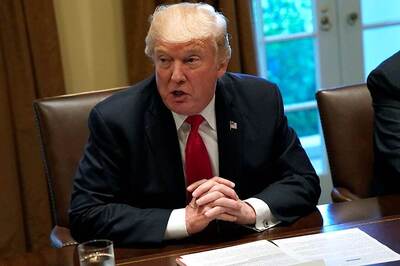
views
New Delhi: All guesswork is finally over, the Tata Nano has bared all.
It's been the most-touted launch of the year. But for every person who's called the Tata Nano a boon for Indian mobility, there have been a few fretting about the infrastructural and environmental consequences of unleashing a low priced car.
Everyone agrees that the country needs better-connected mass transit systems, stringent emission norms, and maybe even mandatory fuel efficiency cut-offs.
But the big question is: can the Nano keep the consumer and the environmentalist happy?
Tata Motors claims the People's Car conforms to Indian safety standards. It's Euro 4 compliant in terms of emission norms and very fuel-efficient. So why are environmentalists having nightmares?
"The fact that the Rs 1 lakh car is now here, it will be exponential in terms of numbers growth. This just doesn't let me sleep," Director of Centre for Science and Environment, Sunita Narain, points out.
There are already over 1 million cars being added on Indian roads every year and this is expected to triple by 2015.
Tata Motors has made no bones about the fact that the Nano targets first-time users, two-wheeler owners and people in rural areas; that's roughly 60 million more Indians.
But can our infrastructure take such an explosion in the number of private vehicles? In Delhi alone, 80 per cent of the roads are filled with private vehicles and they carry only 20 per cent of the commuters.
"This car will not lead to mobility or equity but add congestion and pollution," Sunita Narain claims. But Tata Group Chairman Ratan Tata has his answer to the green brigade ready
"As regards the issue of congestion and number of vehicles, it implies as it we will feed the global markets with millions of vehicles. Let me tell you, Tata Motors does not have the resources to do that. So even you can sleep at night. We are trying to provide rural India with a means of transport, which does not exits now. Everyone is focusing on urban areas. Urban alone is not India. People need connectivity and we hope to make that change," Ratan Tata argues.
But the fact remains that if city roads are overburdened, rural infrastructure too is clearly wanting while parking space, everywhere, is a now rare thing to find. But many feel it's not just a problem of the small car.
"It's the problem of infrastructure which the government is supposed to handle not the manufacturers," Bajaj Auto MP Rajiv Bajaj says.



















Comments
0 comment